
Designing security to mitigate growing ransomware threats
Ransomware has become a top-of-mind security concern for many organizations. High-visibility ransomware attacks have disrupted supply chains and inspired an Executive Order on Cybersecurity in the United States.
This is not surprising given that ransomware is a such a common and costly threat costing organizations millions.

The top attack trends businesses need to address this year
2021 saw supply chain and ransomware attacks dominate the security landscape. But will this pattern continue this year?
Managed detection and response provider Expel has launched a new report which provides insights on the biggest cybersecurity threats, practical recommendations on how to handle them, and predictions on what to expect in the year ahead.

Insurance businesses targeted for customer details
Insurance companies exist to offer protection but they're increasingly having to protect themselves against a range of cyberattacks.
A new report from IntSights looks at the threats faced by insurance businesses and why they’ve become a particular problem in recent times.

Data breaches expose over 40 billion records in 2021
New figures released today from cyber exposure company Tenable show that over 40 billion records were exposed in data breach incidents last year, a whopping 78 percent increase over the previous year.
The company's 2021 Threat Landscape Retrospective report is based on analysis of 1,825 incidents publicly disclosed between November 2020 and October 2021. Since many reports didn't include details of the number of records breached the true figure is likely to be far higher.

Endpoint malware and ransomware reach new highs
New data shows that while total perimeter malware detection volume has decreased, endpoint malware detections had already surpassed the total volume seen in 2020 by the third quarter of 2021.
The latest quarterly report from WatchGuard Technologies also shows a continuing trend for a significant percentage of malware to arrive over encrypted connections, the percentage delivered via TLS jumping from 31.6 percent to 47 percent.
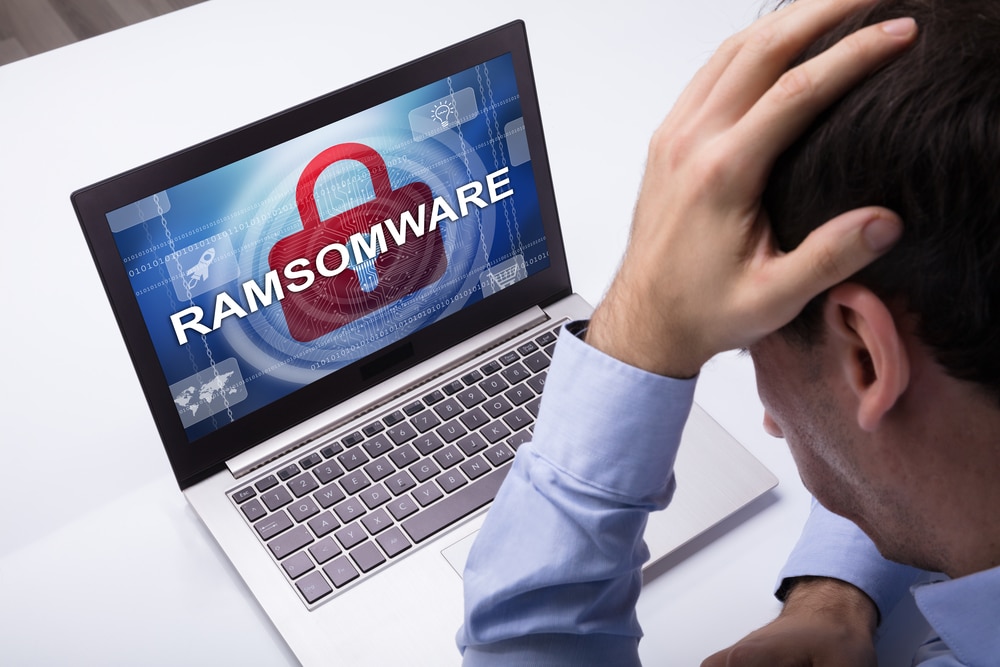
Half of global ransomware attacks target the US
Last year 48 percent of ransomware attacks were directed at targets in the United States, with industrial and energy, retail, and finance businesses among the most threatened.
Research from AtlasVPN finds that out of 2,845 witnessed ransomware attacks worldwide in 2021 1,352 were launched against targets in the US. Meanwhile one in five attacks were against European countries with France suffering 146 attacks, the UK 139 and Germany 115.

Rebalancing the cybersecurity equation to mitigate ransomware risks
With the average cost of a data breach now at $4.2 million, growing cyber threats like ransomware and the hybrid workforce have organizations worldwide looking to mitigate risk at every layer of the organization.
Securing your organization is like balancing an equation: people + skills + technology = security. Where many security strategies fall short is having an unbalanced equation.
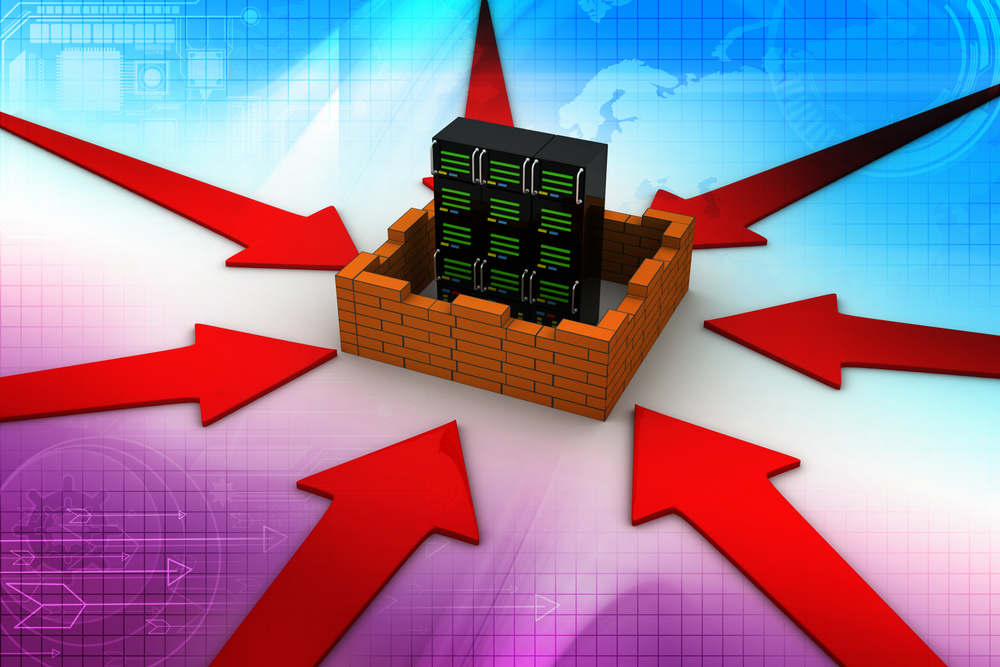
Malware and ransomware set to be a larger threat over the next year
Over half (55 percent) of organizations see malware and ransomware as an 'extreme' threat and 75 percent believe it will get bigger over the next year.
This is among the findings of the 2021 Malware and Ransomware report from Bitglass (which was recently acquired by Forcepoint). A joint venture with Cybersecurity Insiders, the report is based on a survey of hundreds of cybersecurity professionals across industries to better understand how the growing malware and ransomware problem has changed the way they protect their organization.
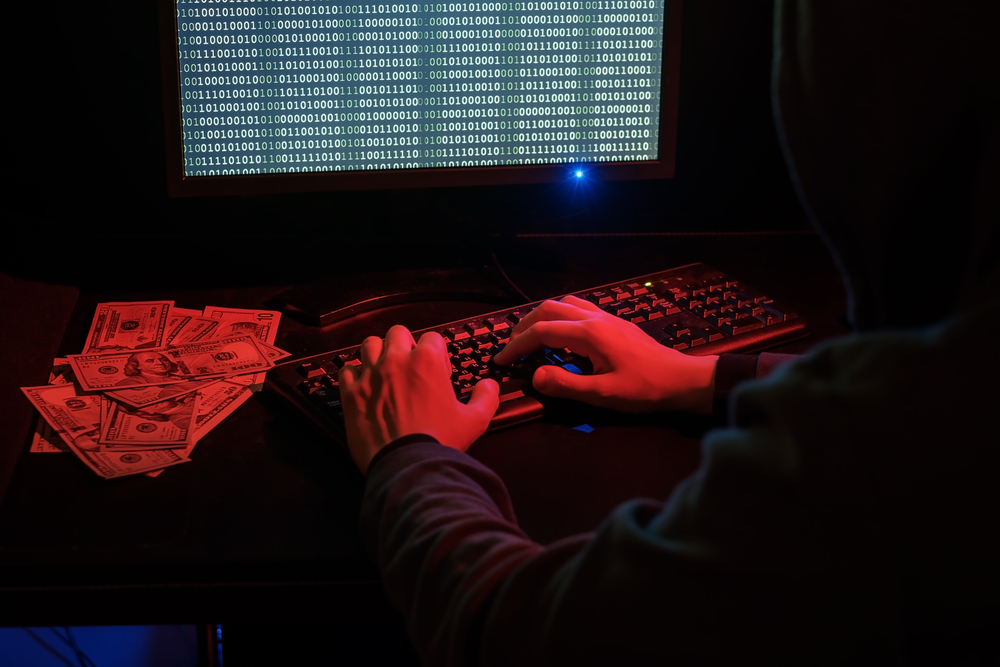
Crypto fraud, ransomware-as-a-service and deepfakes -- cybercrime predictions for 2022
Cybercrime has increasingly become a feature of the modern world and its perpetrators are getting ever more professional.
But what can we expect to see next year in terms of the types of attack and how they're delivered? Here's what the experts think.

Businesses would be less likely to pay ransoms if payments had to be reported
A new report finds that although 37 percent of respondents would pay a ransom, more than half of this group (57 percent) would reverse that decision if they had to publicly report the payment.
The Ransomware Disclosure Act, a bill currently before the US Senate, would require companies to report ransomware payments within 48 hours and so could have a dampening effect on the crime's profitability.
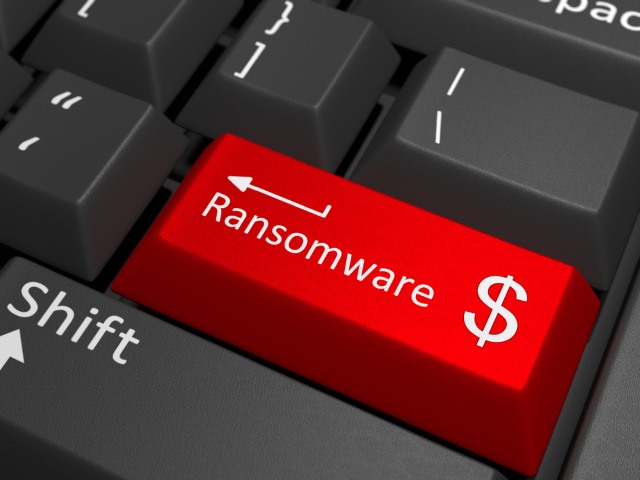
Ransomware doesn't take weekends off
Ransomware is being targeted at organizations seven days a week, leaving no time for enterprises to shore up their security operations, according to a new report.
Analysis of publicly reported ransomware events by RiskRecon looks at the dates on which ransomware activated to encrypt systems, a metric that which was disclosed in 473 of the 654 events examined.

Lack of segmentation exposes enterprise networks to risk
Segmentation is an approach that separates critical areas of the network to control traffic, prevent lateral movement, and ultimately reduce the attack surface.
But according to a new study from Guardicore -- based on a survey of over 1,000 IT decision makers by Vanson Bourne -- while 96 percent of organizations claim to be implementing segmentation in their networks, only two percent are segmenting all six mission-critical asset classes, including critical applications, public-facing applications, domain controllers, endpoints, servers, and business critical assets/data.

Ransomware: Even backups may not save you
When the Colonial Pipeline ransomware attack became public in the first half of 2021, many were surprised that the company paid a $4.4 million ransom to recover its business systems. After all, it’s unthinkable that a company so large wouldn’t have backups in place. According to an article in the Wall Street Journal, however, Colonial’s CEO "authorized the ransom payment of $4.4 million because executives were unsure how badly the cyberattack had breached its systems, and consequently, how long it would take to bring the pipeline back."
Colonial didn’t say much more than this about why they decided to pay the ransom, but, assuming the company had backups systems in place, there are two possible scenarios. The first is that the backups, themselves were hit by the ransomware malware. This seems unlikely, as a large organization like Colonial likely follows the 3-2-1 maxim for backup: three copies of data on two different forms of storage media with one offsite. Certainly, it’s possible that there was still a logical connection between all backups and the production network, which would have allowed the attack to access backups. But typically, offsite backups are well protected against this kind of attack and are often stored in a read-only format that cannot be encrypted or overwritten by malware.
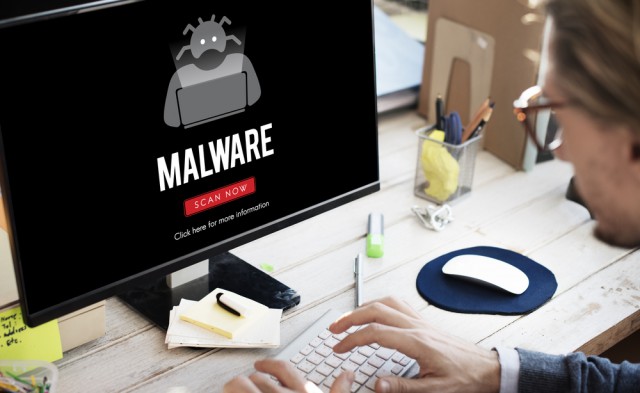
Malware gets more sophisticated and is more likely to demand a ransom
New analysis of more than 200,000 malware samples by Picus Security, a pioneer of Breach and Attack Simulation (BAS) technology, looks at attacker behavior over the last 12 months.
The 2021 Red Report highlights the top 10 most widely seen attack techniques and demonstrates how cybercriminals have shifted towards ransomware over the last year.

How to prepare for and prevent a ransomware attack
There has been a lot of media attention lately in certain industries around a type of ransomware called DopplePaymer.
Using this ransomware, an adversary will gain access to an organization. From there, they will start infecting systems and will demand a payment and/or threaten to release the victim’s data if the ransom is not paid. This trend of additional extortion become increasingly common with ransomware operators in the past two years.
